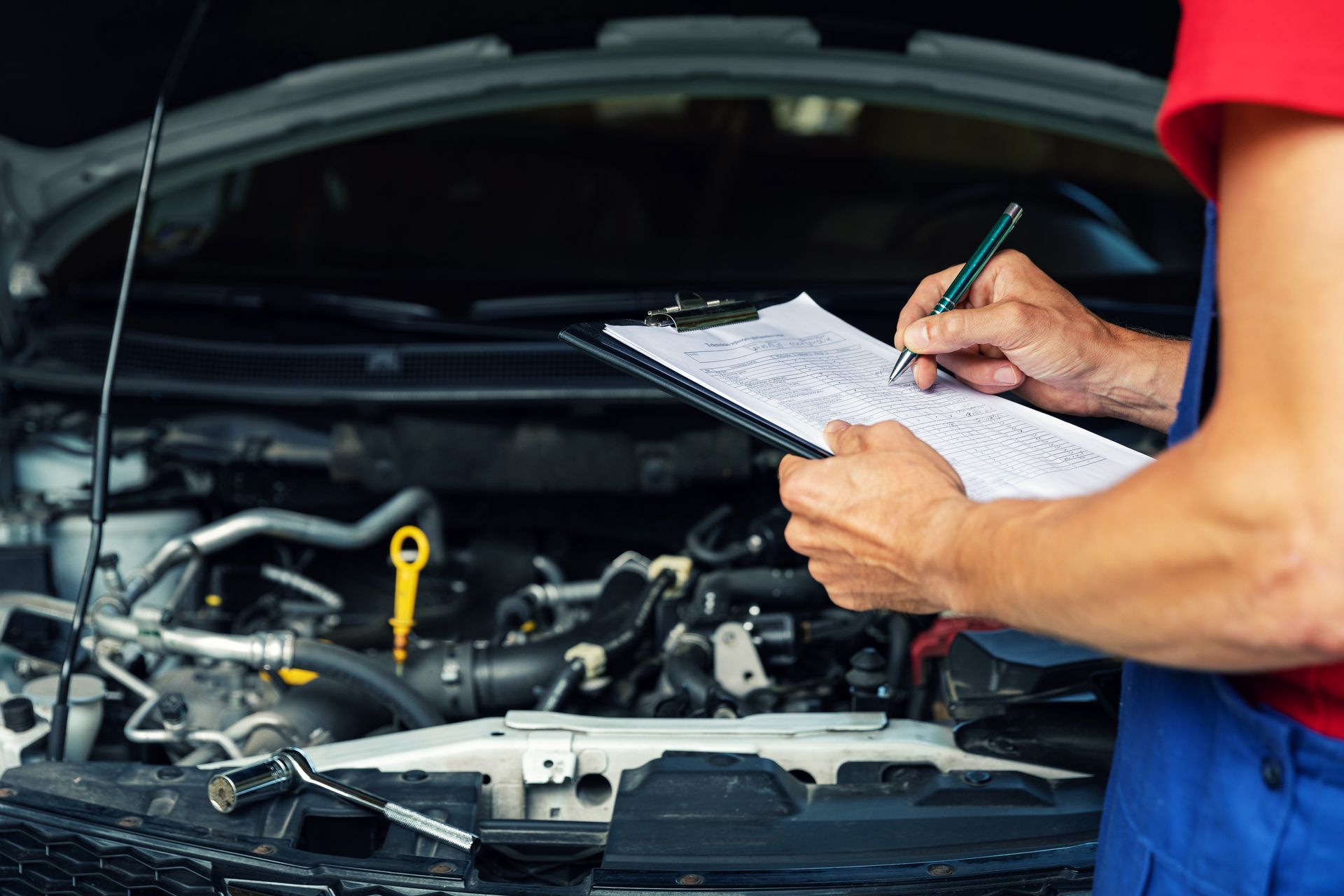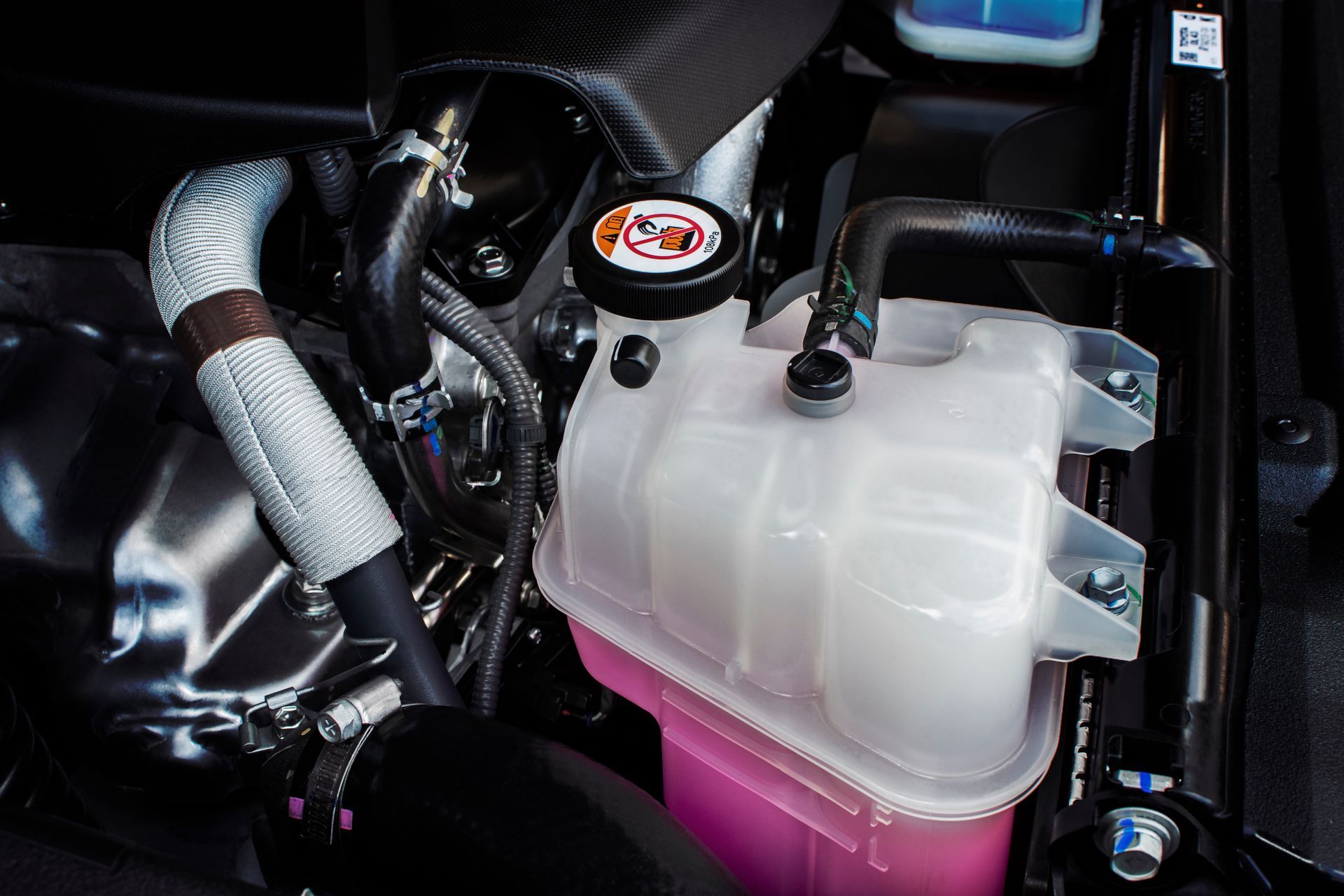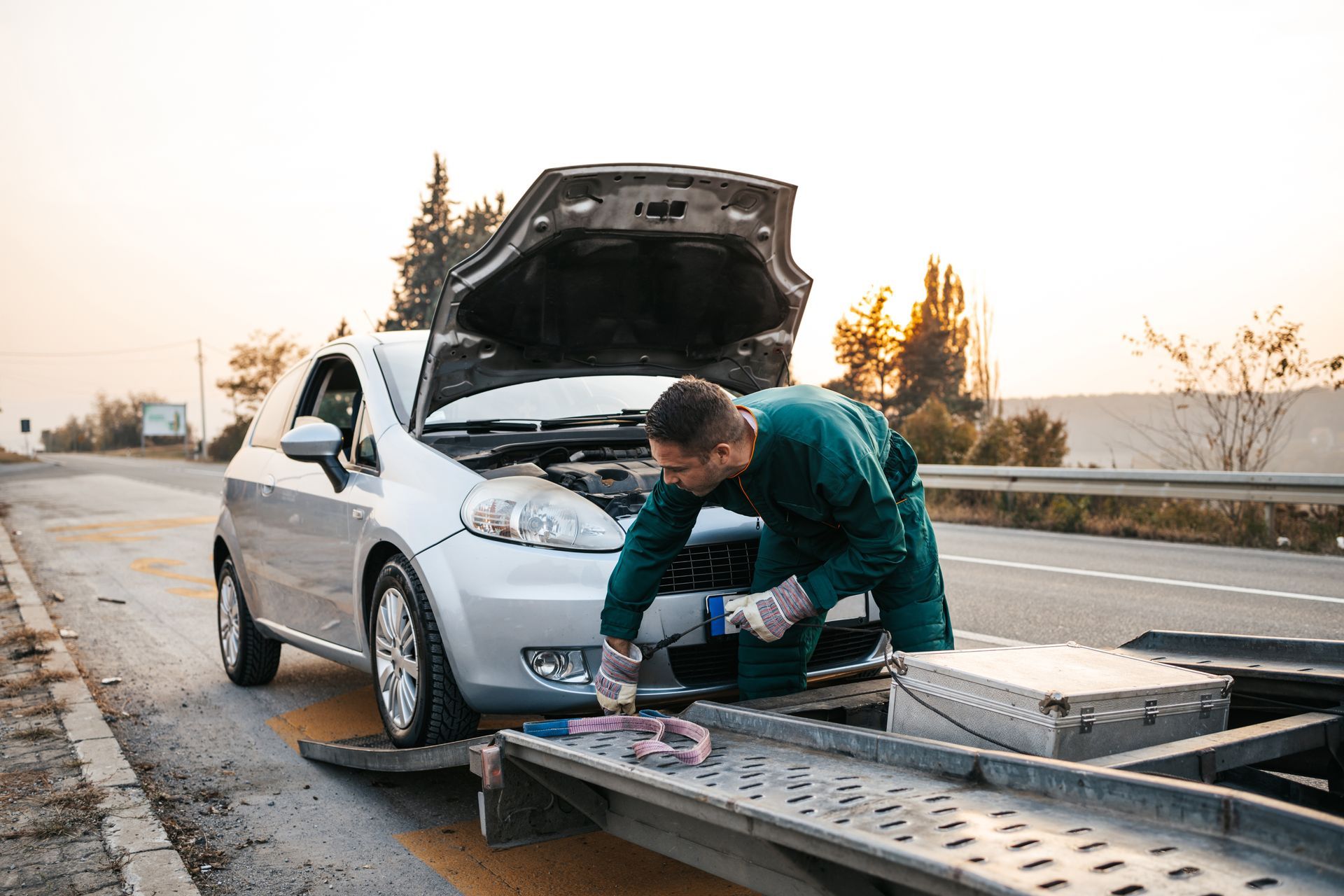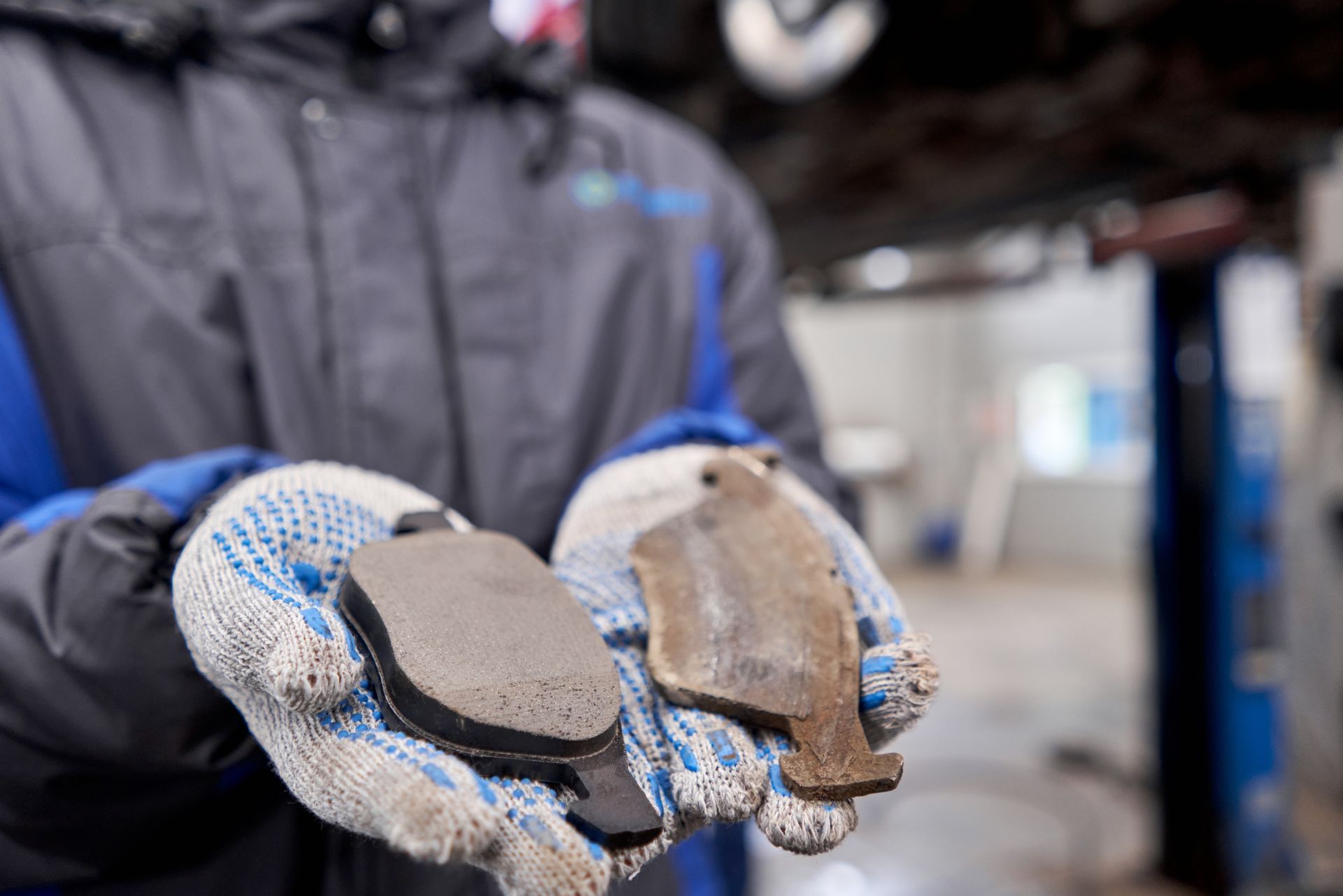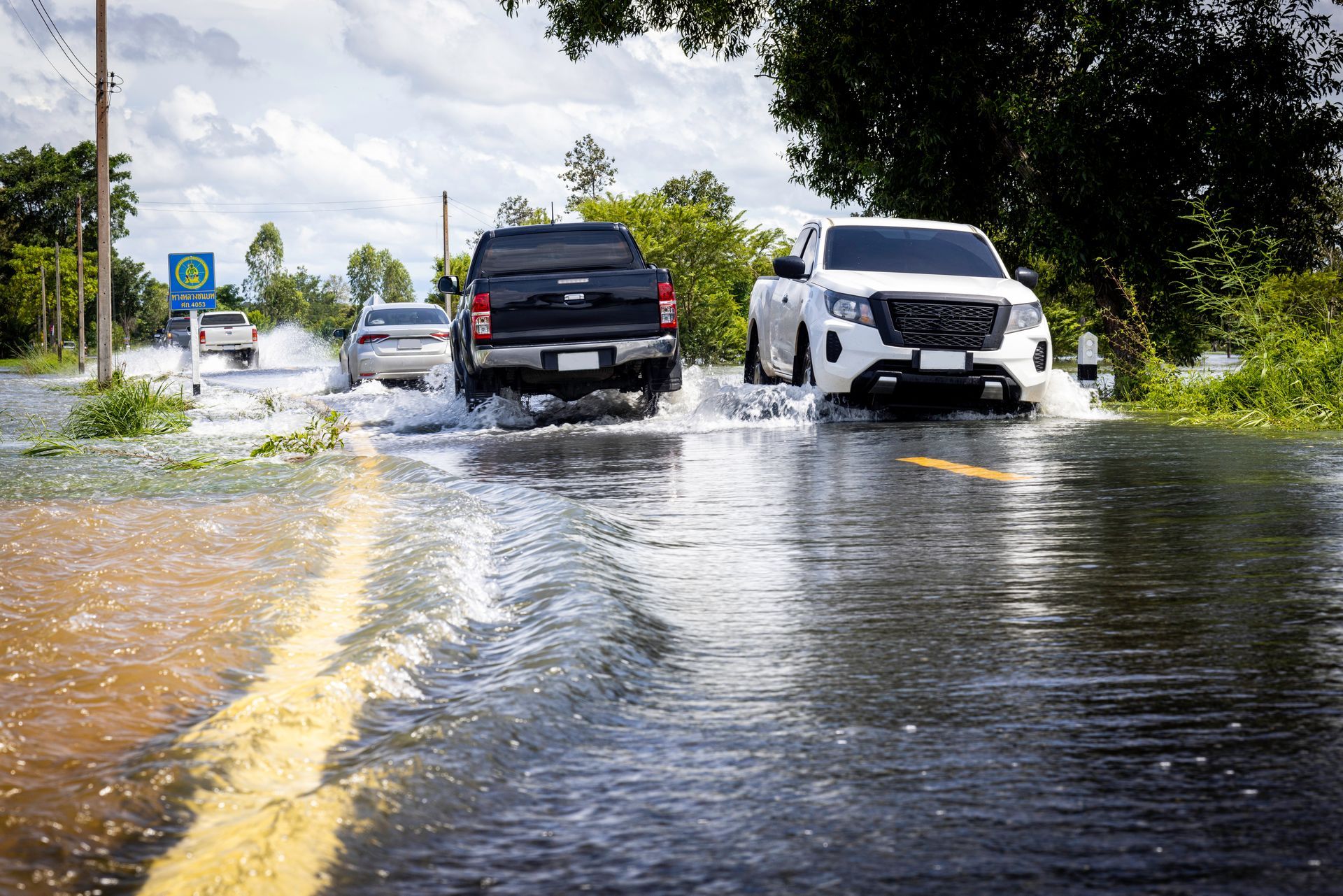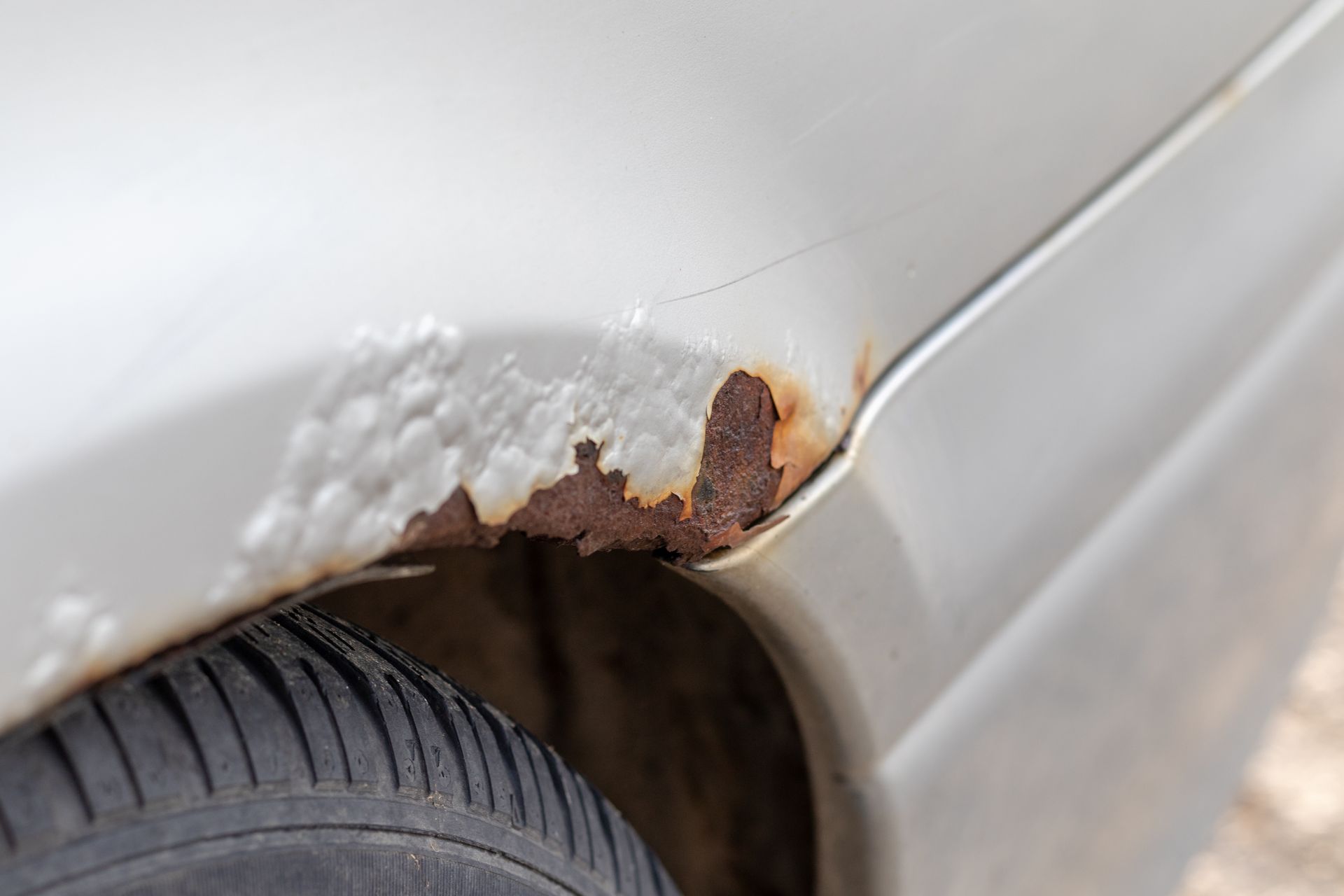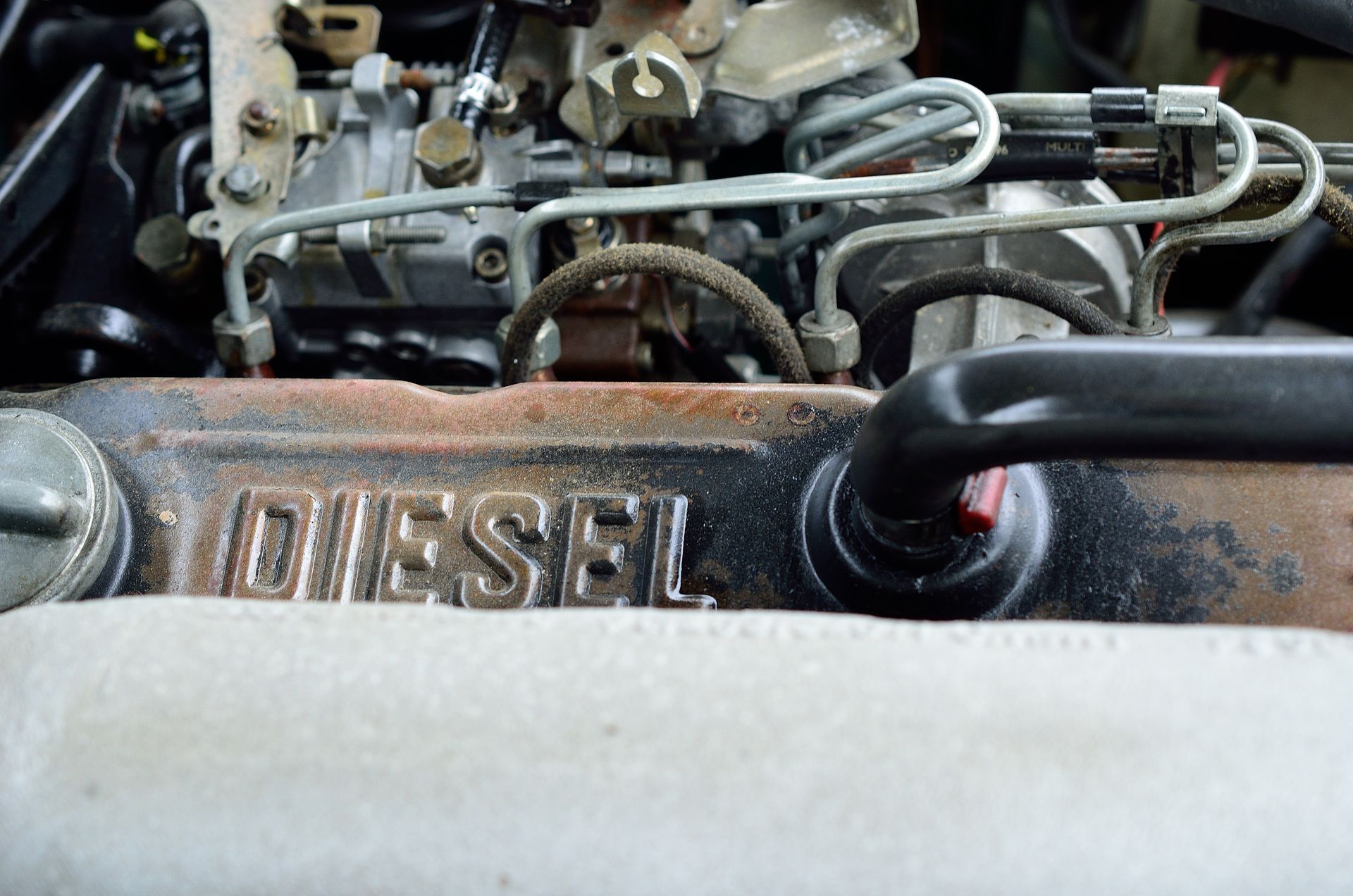Your car's temperature gauge starts creeping into the danger zone seemingly out of nowhere. Panic sets in—why is your car overheating? This is a common concern among drivers, and understanding the reasons behind it can prevent potential breakdowns and costly repairs.
1. Low Coolant Levels
One of the primary reasons for car overheating is low coolant levels. Coolant, also known as antifreeze, plays a crucial role in regulating your engine's temperature by absorbing heat and dissipating it through the radiator. When coolant levels are low, there's not enough fluid to effectively cool the engine, leading to overheating. This could be due to a leak in the cooling system, a malfunctioning radiator cap, or simply evaporation over time.
2. Faulty Thermostat
Another common culprit behind car overheating is a faulty thermostat. The thermostat is responsible for regulating the flow of coolant through the engine based on its temperature. If the thermostat gets stuck in the closed position, it prevents coolant from circulating properly, causing the engine to overheat. When the thermostat is stuck open, the engine may not reach its optimal operating temperature, leading to decreased fuel efficiency and performance.
3. Cooling System Obstructions
Obstructions in the cooling system can also contribute to car overheating. Over time, debris, dirt, and corrosion can accumulate in the radiator, water pump, or cooling hoses, hindering the flow of coolant and impeding heat dissipation.
External factors such as leaves, insects, or road debris can block airflow through the radiator, further exacerbating the problem. Regular inspection and cleaning of the cooling system components can help prevent obstructions and ensure optimal cooling performance.
Signs of a Failing Water Pump
Coolant Leaks
Keep an eye out for any puddles of coolant forming underneath your parked car. A leaking water pump can result in a loss of coolant, leading to overheating and potential engine damage.
Engine Overheating
If your engine consistently runs hot or frequently overheats, it could indicate a failing water pump. The pump may not be effectively circulating coolant, causing the engine temperature to rise beyond normal levels.
Whining or Grinding Noises
Unusual noises coming from the front of the engine, such as whining or grinding sounds, may signal a failing water pump. These noises often indicate worn bearings or impeller shafts within the pump.
Visible Damage or Corrosion
Inspect the water pump for any visible signs of damage, such as cracks, corrosion, or leaks around the pump housing. Physical damage or deterioration can impair the pump's functionality and lead to cooling system issues.
Coolant Contamination
Check the condition of the coolant for any signs of contamination,
such as oil or rust particles. Contaminated coolant can indicate internal damage to the water pump, necessitating immediate attention and potential replacement.
Auto ER - the first place you should consider when your car starts to malfunction or overheat! Simple, reliable, and professional - call us, and we will be happy to help.



